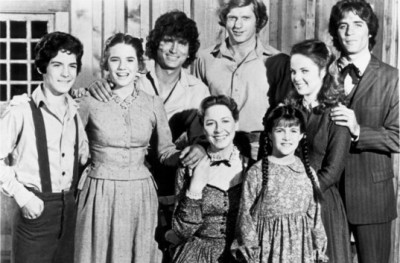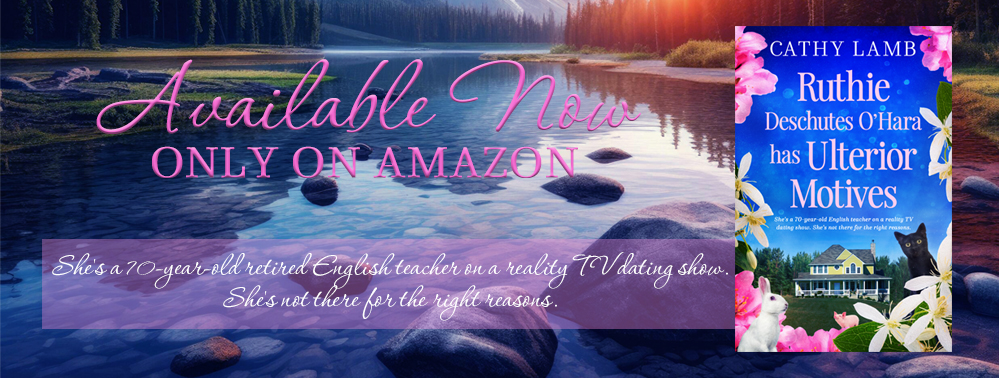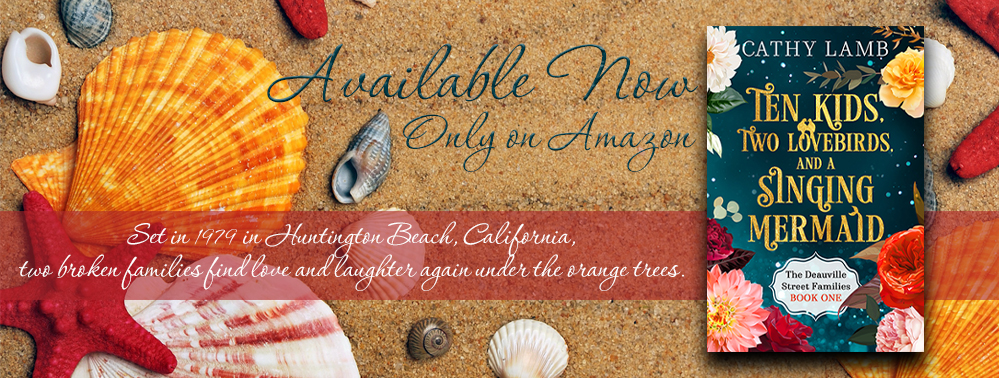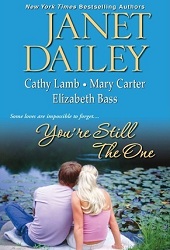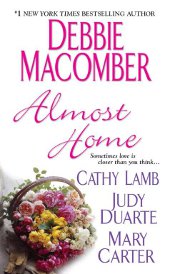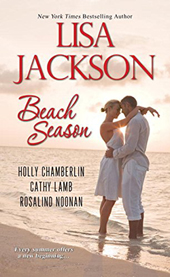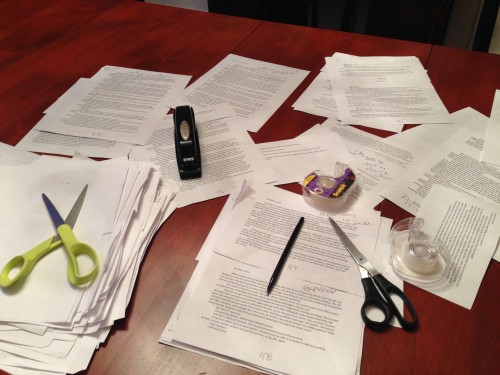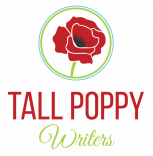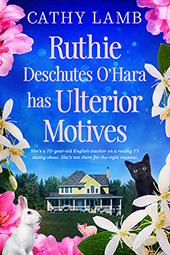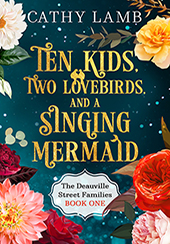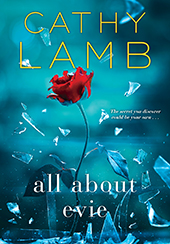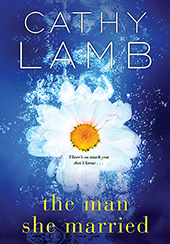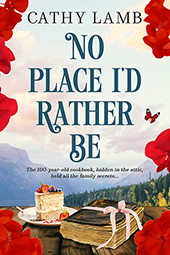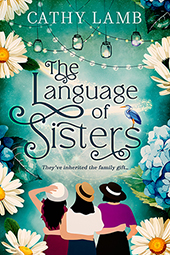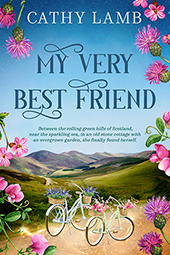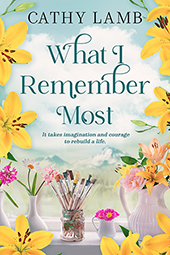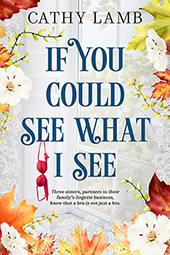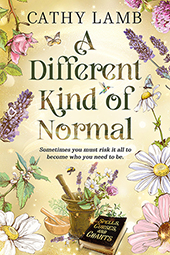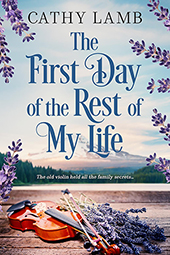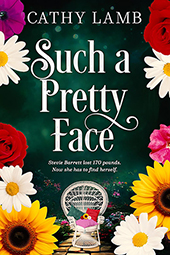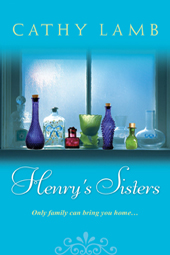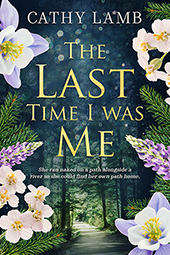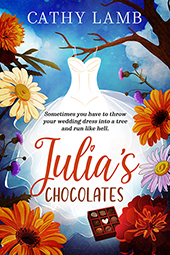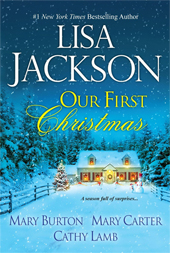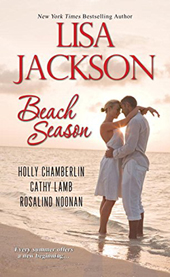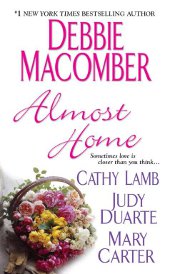Pearl was a miracle.
The miracle arrived in 1983 with a smile and a wave when she was desperately needed. I am convinced she was a gift from the angels to my mother.
My grandpa, Thomas Cecil, who had a hole in his nose from cancer, was dying.
The man who was born a poor Arkansas farm boy with ten siblings who ended up building homes all over Los Angeles with his brothers, was refusing to go to the doctors. He didn’t like, or trust, doctors and their newfangled medicines.
He was also refusing to allow my mother to put him in a care home because he didn’t trust that, either, and he was refusing to leave his condo to live with us.
Thomas Cecil was a stubborn, hard-charging man who had soft spots for his wife, his daughter, and his grandchildren, but he was dying and he would do it the way he wanted to do it, at home, dang it all to hell, stop bothering me, leave me alone.
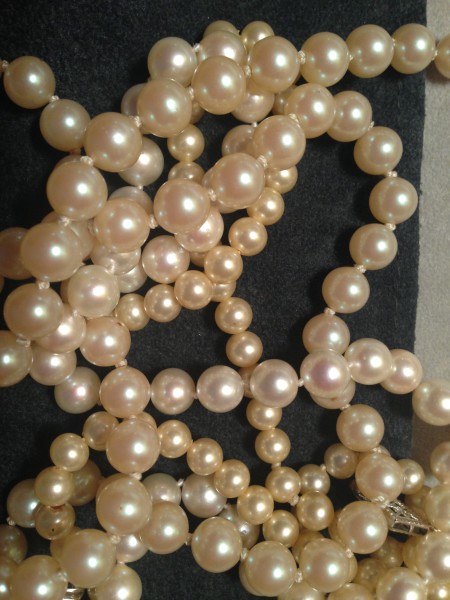
But my grandpa’s stubbornness took a toll on my mother, his devoted daughter. Bette Jean could not be his full time care giver, in his home, and that’s what he needed – full time care.
My mother’s challenges in life at that time were huge.
She was not only a full time English teacher, she had four teenagers, in various states of rebellion, and a father who was critically ill whom she saw many times a week in his condo – making that 40 minute drive both ways.
My mother told me that before she went to teach school at my junior high, she would often cry in the shower for her dying father. As soon as she walked into school, though, that bright smile went on because her students needed her.
She was doing right by everyone as a mother, wife, and daughter, and as a teacher, and she was utterly exhausted.
(You may well relate to my mother’s exhaustion.)
But things deteriorated rapidly for my grandpa. He was forced into the hospital, the doctors told him and my mother there was nothing they could do, the cancer was all over, and it was about palliative care only.
He could not go home to his condo, that was now an impossibility, and he had to have full time care. My mother and father started looking for places for him to go, but none was right, none was caring enough, all were too far.
And then Pearl came into our lives.
She moved in right next door to us with that smile and a wave.
Pearl was about sixty five. White hair, built a little like a Mack truck, full make up, a steel magnolia from the south with a huge heart.
And, here’s the miracle: She ran a private care home for the elderly.
Exactly when my mother was exhausted and drained, Pearl and her clean, safe care home arrived. You could almost hear those angels’ wings swooshing through the air between our houses.
My mother immediately moved my protesting grandpa from the hospital into the private care home twenty feet from our front door.
We visited that first day, my sister and me, and my Grandpa was rather rude to Pearl, if I do say so myself. It was way out of character. I had never heard him speak rudely to a woman, that just wasn’t done in his Southern gentleman side of the world. But he was terminally ill and in a ton of pain from the cancer that was eating him.
The next day, well, all I can say is that Pearl The Steel Magnolia had shaped my Grandpa up. Pearl took no lip from anyone, including older men who were dying, and she let Thomas Cecil know that.
I think she drugged him up pretty good, too, bless her southern heart, so he was feeling no pain, and therefore his better nature came back.
She took charge of that stubborn man, told him what was what, and from then on out they got along like bees and honey.
My grandpa, a widower, later asked Pearl to marry him. I don’t know if he meant it or if it was the pain killers talking. She did cheerfully decline.
My grandpa wasn’t in the care home for very long. Weeks maybe? A few months? But for my mother, Pearl was a gift. Instead of teaching all day, handling four teenagers, then driving to see her ill father in a care home he would have hated, and complained about extensively, or the dreaded hospital he avoided all his life, she walked next door.
I could feel my Grandpa dying as I sat in my bedroom late one night. I walked over to Pearl’s and joined my tearful mother, and he was gone. We all cried. We loved our Grandpa.
What was interesting, yet again, was that it wasn’t long after my grandpa died that Pearl disappeared. She just moved out. The angel flew off.
Pearl was there when my Grandpa and mother desperately needed her, and then she was gone.
Yes, I do believe in miracles. They come in different forms, I think. Sometimes it’s a miraculous event. Sometimes it’s a cure. Sometimes it’s a person.
It is always a mystery.
Wishing you all the beauty of miracles when you need them.



